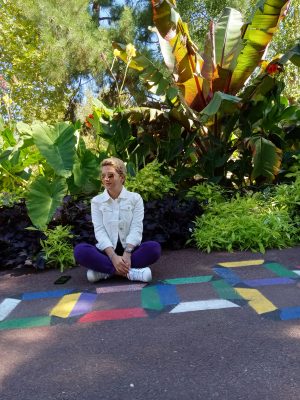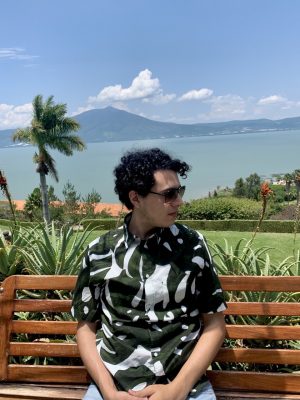
My name is Sharmin Ahmadi; I’m from a beautiful city named Sanandaj, a city in Iran. I did my BA in English Language and Linguistics from the University of Kurdistan. Before starting the next level of my education, I happened to hear and read about Linguistics. Starting to read linguistics books in its various areas, I began to look at languages, specifically my own language (Kurdish), from a different angle. My mind started to be immersed with a lot of questions and puzzles, ending in my passion for this major. That’s why I have an MA in General Linguistics from the University of Tehran, where I figured out that the area which I’m most curious about and interested in is Syntax. Among the questions I had in mind, I chose to solve the question and puzzle I encountered regarding what has been examined under the topics of three-place predicates, ditransitives, and double-object constructions.
Following my passion and interests, I am doing my Ph.D. in Linguistics at the University of Connecticut now.
Besides my academic life, I do enjoy shopping, walking, mountain climbing, spending time with my family and friends, watching films … 🙂





